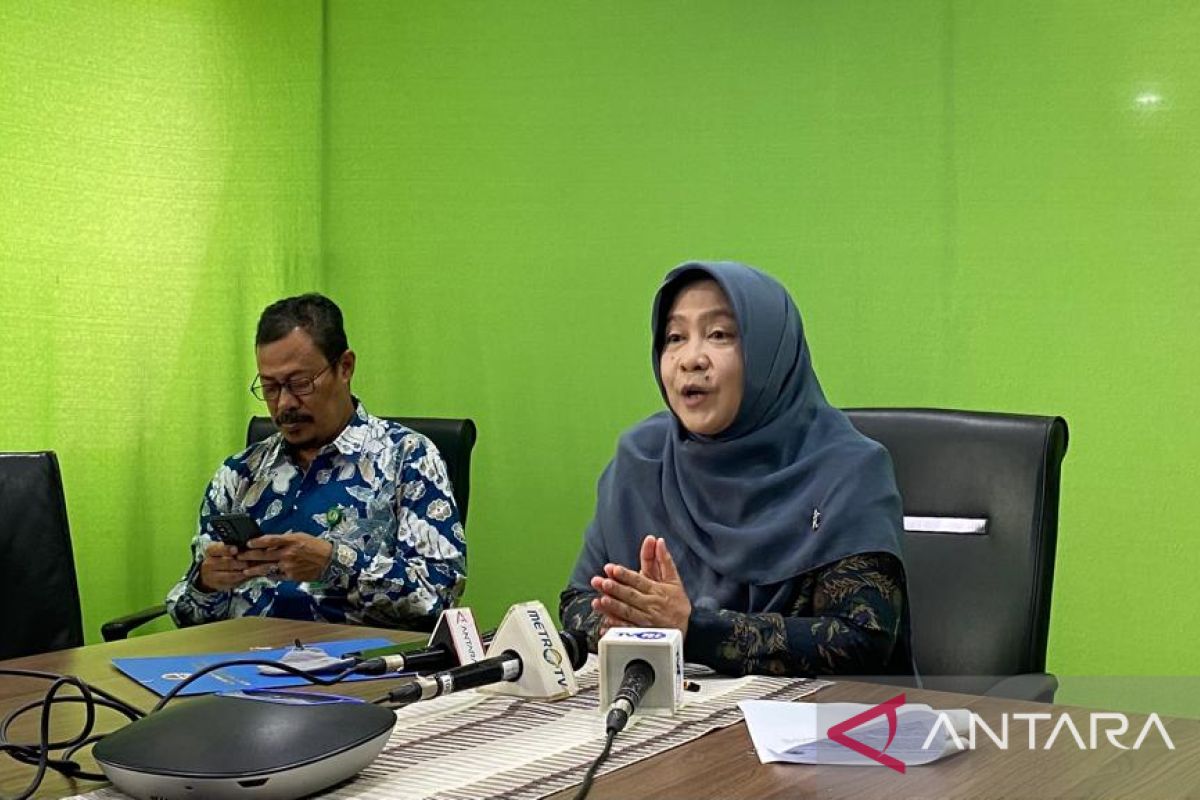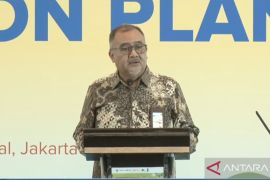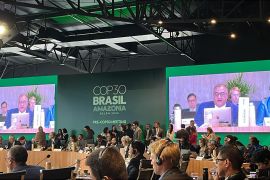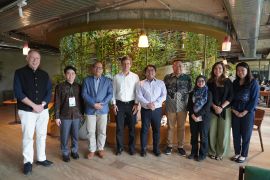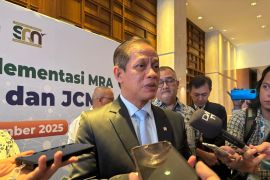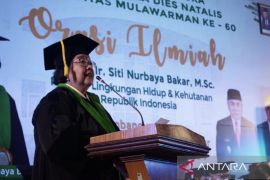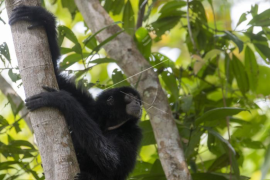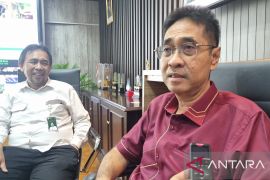These are the strategies that will be conducted (by the government) since we know that our resources are limited, while the (financial) needs to implement the FoLU Net Sink are quite large.Jakarta (ANTARA) - Indonesia is pursuing several funding strategies to realize the 2030 Forestry and Other Land Uses (FoLU) Net Sink, Director General of Climate Change Mitigation (PPI) of the Environment and Forestry Ministry Laksmi Dwanthi stated.
Dwanthi noted at a press conference here on Monday that a large amount of funding was required to support climate change mitigation attempts in Indonesia, including for the realization of the 2030 FoLU Net Sink.
The FoLU Net Sink is a condition when the level of carbon sequestration of the FoLU sector is balanced or higher than the level of emission produced by the sector. It is targeted to be achieved by 2030.
Related news: G20 asks superpowers to support sustainable infrastructure development
"Regarding budgeting, Indonesia keeps seeking several strategies. The first, certainly, we will bolster the (domestic) fiscal sector, including the APBN (state budget) and APBD (regional budget)," the director general noted.
Another strategy is by implementing and encouraging various climate change adaptation and mitigation activities that can attract investments.
Furthermore, various innovative funding instruments have also been developed, such as the issuance of green sukuk as well as the establishment of the Indonesian Environment Fund (BPDLH) in 2019.
"The fourth strategy is increasing access to various climate change funding sources, especially at the global level," Dwanthi stated.
She noted that several global funding sources for climate change mitigation included the Green Climate Fund and the Adaptation Fund.
Related news: Students call for environment-friendly hiking
"These are the strategies that will be conducted (by the government) since we know that our resources are limited, while the (financial) needs to implement the FoLU Net Sink are quite large," she added.
The director general also noted that Indonesia had increased its greenhouse gas emission reduction target, as conveyed in Indonesia’s Enhanced Nationally Determined Contribution (NDC) document submitted to the secretariat of the United Nations Framework Convention on Climate Change (UNFCCC) on September 23, 2022.
The country increased its emission reduction targets, from 29 percent to 31.89 percent if it was done through the country's own attempts, as well as, from 41 percent to 43.20 percent with international support.
Related news: UNESCAP highlights need to mitigate, adapt to climate change
Related news: More research needed on climate change impact on children: IDAI
Translator: Prisca Violleta, Uyu Liman
Editor: Fardah Assegaf
Copyright © ANTARA 2022
